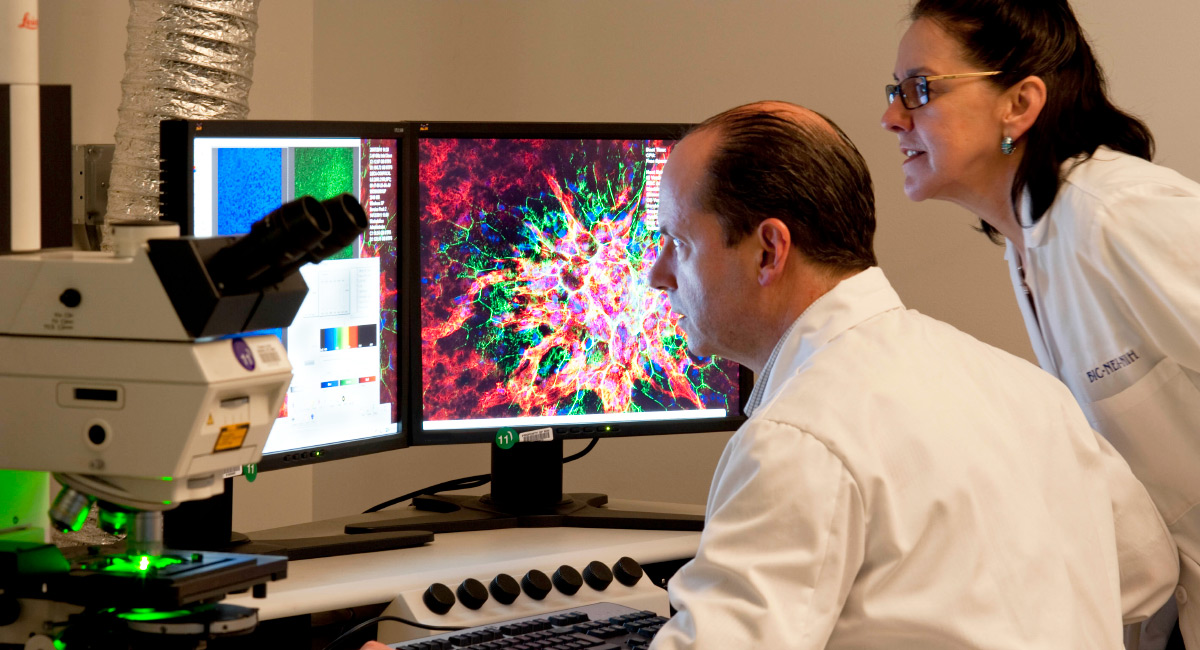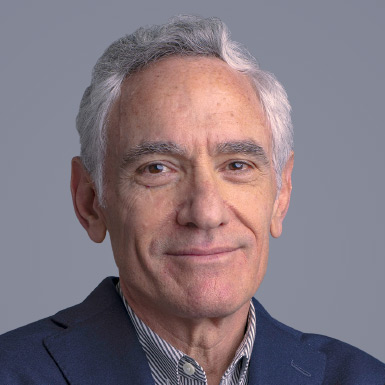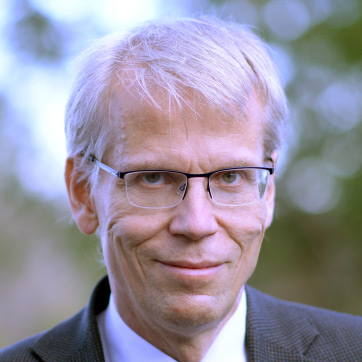A healthy and flourishing republic requires a social and political climate that respects true scientific inquiry and exploration. The Covid-19 pandemic has highlighted the astonishing capacity of science to produce breakthroughs such as vaccines and other drugs for the public good. At the same time, we have seen the biggest public-health fiasco in history, and the marginalization and censoring of dissident scientists. The pandemic has exposed myriad long-standing problems facing science that go far beyond a single virus.
In science, centralization has created a harmful uniformity and herd thinking that hinders the free exchange of ideas. A de facto scientific cartel system determines who receives essential research funding; who ends up published in the most prestigious and influential journals; and who are promoted to more senior positions. In many scientific fields, a small group of senior scientists—who may have an interest in their ideas not being challenged—determines who will be published and who will get the research grants. Ultimately, this system creates a highly impenetrable and shielded sphere of thinking that crowds out new ideas and true scientific debate.
For instance, the majority of U.S. infectious-disease research is funded by the National Institute of Allergy and Infectious Diseases (NIAID). With Dr. Anthony Fauci as its director, infectious-disease scientists think twice before criticizing the pandemic policies advocated by Dr. Fauci. A similar situation exists in the United Kingdom, with Dr. Jeremy Farrar and the Wellcome Trust. It should not surprise us that some of the most important epidemiological research on the pandemic has come from smaller countries, including Israel, Qatar, Denmark, Sweden, and Iceland.
The solution to the current state of stifling scientific sclerosis is not an abandonment of science. Instead, science must be reformed, restored, and reinvigorated so all scientists can engage with independence and boldness in the pursuit of a never-ending horizon.










